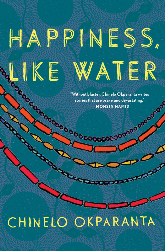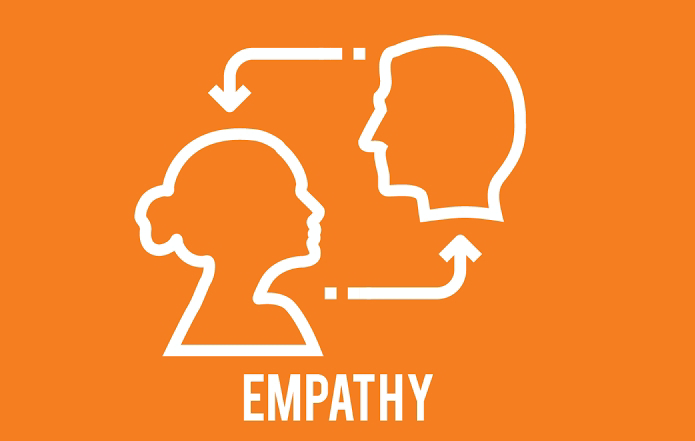My Review of Chinelo Okparanta’s Happiness Like Water, published in 2013
I read it between Saturday, 15th August, and Sunday 16th August, 2020. The book is a collection of short stories with border on family and love. Told through first person narrative technique, the stories explore the lives of the narrators across different intrigues of love, family, and domestic violence, particularly the haplessness and powerlessness of women within the firm grip of patriarchy. The narrators are mainly female except the last story which has male narrator. The settings of the stories alternate between Nigeria and America, with majority of them set in Port Harcourt, Nigeria.
The stories tows a different line in 'America' where the narrator embraces highly-forbidden love with another character of the same sex. Same sex affairs are unlawful in Nigeria where the story is set, and attract stiff penalties. However, America is recognised by the parents of narrator as a safe haven to practice such type of love without any fear. This represents a widening gulf between Nigerian and American cultures.
A profound manifestation that features in all the stories is that Okparanta casts all the male characters in rather negative light. These male characters in the stories are either egoistic, immoral, abuser or unfaithful. This evidently represents festering resentment female writers has towards the previous practices in African literature where male characters are the core of stories. Interestingly, however, the female characters are all at the victims of the male characters' malfeasance.
Besides, foraging into the perennial problems that have been bedeviling Nigeria for many years such as epileptic power supply, degenerated health and education systems, the novel underscores the stifling atmosphere Nigeria presents to self-expression and self-actualization.
To all intents and purposes, Okparanta presents a highly moving and profound stories to the readers and they will definitely acknowledge the exquisiteness of this debut novel.



Comments
Post a Comment